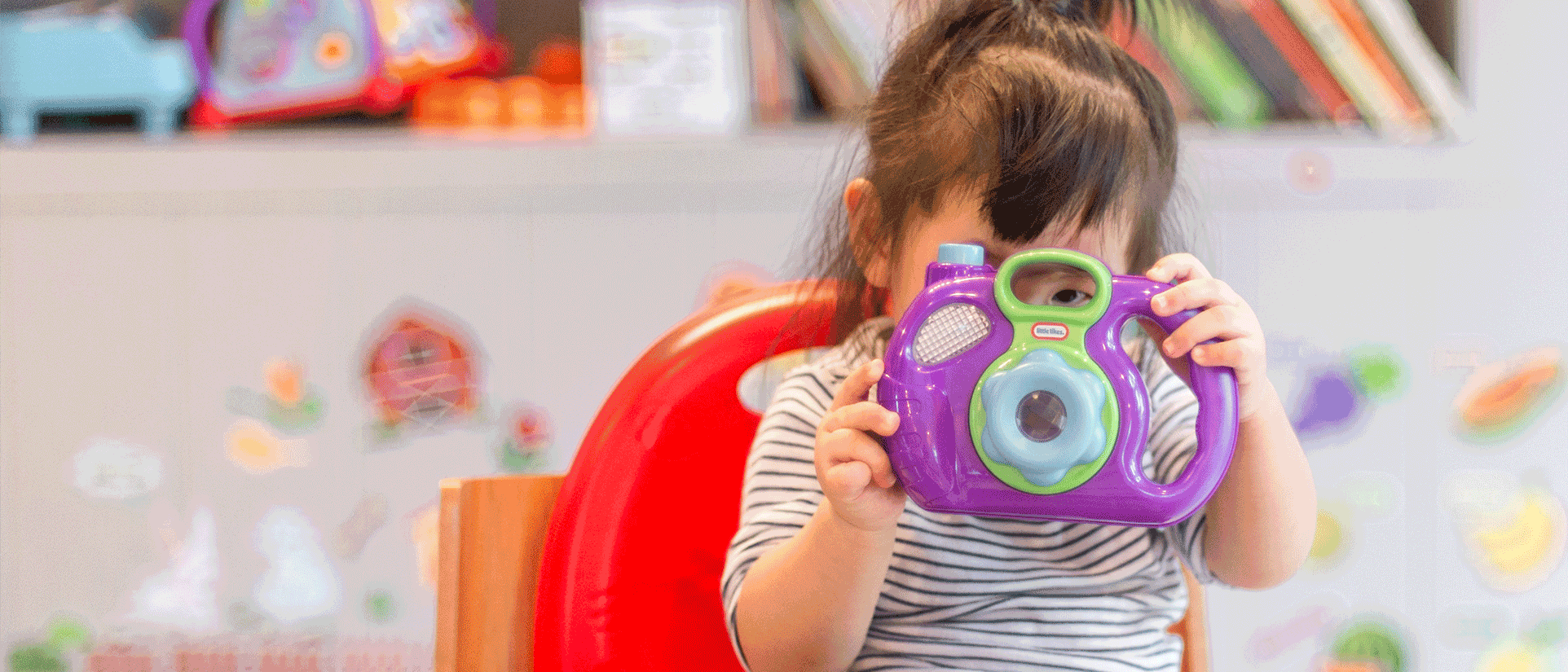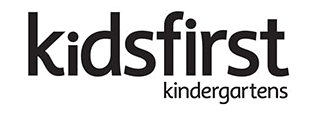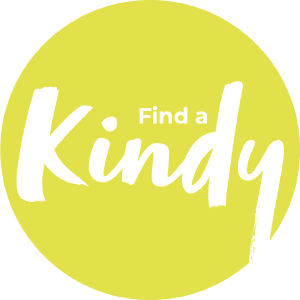
Bringing the learning home
Your child is soaking up all of the learning and discovery opportunities at kindy during the day, but they are still hungry for more. The great news is, you can bring the kindergarten learning experience home to help them continue exploring, grow their curiosity, and most of all, have fun using skills they learn at Kidsfirst.
Kindergartens are chock full of resources to stimulate the interest of young minds. The wide, open spaces and play areas that kindergartens are renowned for provide a rich learning environment for children.
“It all helps to develop their gross motor skills, their social skills and their cognitive skills,” says Beth Paine, a teacher at Kidsfirst Trengrove. “We really make the most of the big backyards, the grass and our wonderful play equipment that is flexible to meet the needs of the younger tamariki, as well as the older ones. But learning also happens in all sorts of spaces, in all sorts of ways.”
“We can give whānau ideas for activities that can be done with just a little bit of equipment - even if it’s just a hula hoop or a ball, explains Beth. “There’s always the park or a beach they can go to and enjoy the big open spaces that are just like a natural playground for children to have fun and learn in.”
Some of the most important learning happens in day-to-day life as Rosie Hatton, Head Teacher at Kidsfirst Broomfield, explains.
“It’s the simple things that are often the most effective. Toys and resources are good, but children learn in all sorts of ways - through playing in the garden, learning the difference between left and right by setting the table, playing with water, getting to the sink and filling some containers, adding a bit of colouring or some bubbles. It doesn’t take much.”
Sometimes it’s tempting to focus on the sorts of skills we think will get children ahead at school, but young tamariki aren’t always ready to learn those things the way a new entrant is - and starting early doesn’t mean the learning will stick. Kidsfirst Sunbeam Head Teacher, Neroli Gardner, says there are lots of opportunities to learn the basics in everyday life.
“If you’re out walking, look at all the numbers you can see. Numbers on letterboxes, numbers on the road, numbers everywhere. The same goes for words - that’s all part of the learning and literacy that children need to have before they go to school and it’s more important to do it in a fun way and in a relaxed way than to put a lot of attention into learning through sitting down with books or specific games.”
There’s nothing more special than sharing a book with a child, and some kindergartens - Rosie Hatton’s included - do give stories to children with the help of Alan Duffy books.
But pushing the child ahead with reading skills is nowhere near as valuable as tamariki learning at their own pace through things that engage them along the way. It can be reassuring for parents to know that kindergartens don’t teach reading, writing and maths in a formal way, but kindy kids are just as ready for school as those who have attended early childhood education services who may be using a more structured approach.
“We do all that through play as well,” Beth says. ”Through board stories and books, for example. They could be in the sandpit or counting and talking about shapes, colours and numbers. Books are always a good thing, but just playing together, letting them take the lead, and doing things that they like and that they want to get involved in is so important at this age.”
Getting children involved in day-to-day routines and giving them responsibilities is another way that kindergarten teachers help children learn important life skills. It’s a great way to keep young minds stimulated and budding skills developing. But letting them follow their own interests is where the learning really happens.
“They’re young scientists,” says Kidsfirst Lady May Head Teacher, Anna Johnson. “People think play is just having fun.But the play is the children’s work. With play, children are learning in the context of where their mind and attention is at the time and that’s where they are most receptive to taking in information. It’s functional, digestible knowledge they are using right here, right now. Their brains are not necessarily in that mode of thought If you take them out of that context and put them at a desk to learn something you’ve decided. They’re not going to be absorbed.”
Some of the reasons that kindergarten does such a great job of preparing tamariki for life, are the fully qualified and registered teachers who look for every opportunity to extend children’s learning through their interests and equipment, day-to-day activities and the resources and environments that provide opportunities for learning. But one of the most important ingredients is something we all have the ability to give - our attention.
“It comes from watching children, listening to them, having those sustained conversations with them so you’re actually slowing right down to the pace of the child,” says Nicola Brown, a teacher at Kidsfirst Cromwell.
“Childhood isn’t a rush, all our days shouldn’t be a rush, it just evolves. There’s no need for an agenda.”
What can you do to bring the learning home for your tamariki? We asked our kaiako for their top tips, and here’s what they told us:
- Keep it simple - go outside to a park, a beach, or even your own backyard and utilise the wide open spaces for your child's imagination to run free
- Make the most of the toys and resources you have at home and get creative with them
- Ask teaching staff where learning is focused in the classroom and how you could continue to support this at home
- Get tamariki involved in day-to-day routines and give them responsibilities to engage with
- Focus on creating a balance between learning through play and practicing ‘hard’ skills like reading and counting
- Watch listen and have sustained conversations with tamariki to help them learn at their own pace
JOIN OUR WHĀNAU
You might be interested in...





